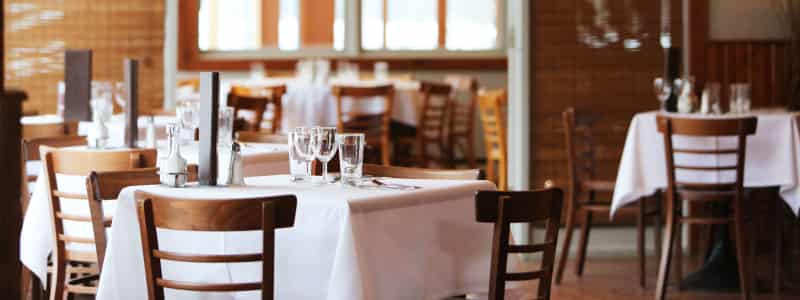While running a restaurant can be a vibrant venture, it is important to stay up to date with the relevant food standards and codes. Compliance with the legislation can protect your restaurant from bad publicity caused by poor food handling and hygiene standards. This ensures that customers are happy to stay for dessert.
To maintain your restaurant’s compliance with the relevant codes and legislation, it is advisable to speak to a business lawyer. Due to the law differing between state and territories it is important to know what is required of your restaurant.
Running a Restaurant – Food Handling Requirements
Having proper licensing and certifications
When handling food in your restaurant, it is essential to acquire and maintain the proper certificates from your local council. You must also notify your local council of your food related activity. This can be achieved through applications for services, permits and approvals, and through rates notice registrations to the council.
Along with this, it’s important to make sure you have complied with your lease agreement and local zoning laws.
Appointing a food safety supervisor
If you a running a restaurant in New South Wales, Queensland, Victoria or the ACT, you are legally required to appoint a food safety supervisor (FSS). To be certified as a FSS, the individual must undergo nationally recognised training and obtain the required units of competency.
In Victoria for example, once your appointed FFS has completed their relevant units of competency, they will be issued a Statement of attainment certificate.
Creating a food safety program
In accordance with the Australia New Zealand Food Standards Code (the Code), all food businesses need to:
- Frequently check all of their food operations to identify any hazards;
- Create, document and comply with a food safety program to rectify any identified hazards; and
- Review the food safety program’s adequacy annually.
It is important to identify as many hazards that may reasonably occur as you are also required to ensure that your food safety programs are audited by a food safety auditor.
Training your staff
All food handlers in your restaurant need to be properly trained in food safety. This requirement is not only for kitchen staff, but extends to anyone who comes in contact with food, such as:
- Wait staff
- Food delivery staff
- Cleaners; and
- Any staff that manage and store food.
Maintaining good hygiene
Under the Code, all food handlers must take all reasonable measures to not handle food or let the food come into contact with a surface that would likely compromise the safety and suitability of food. General requirements include:
- Ensuring no food comes into contact with any bodily fluids (such as sweat), as well as hair, fingernails, clothing, jewellery or bandages;
- No sneezing, smoking, spitting or coughing around uncovered food; and
- Washing your hands thoroughly when required. For example, before and during handling food, after using the restroom, after sneezing or coughing or touching certain areas of your face such as your mouth, scalp or nose.
Conclusion
Making sure your restaurant follows these crucial requirements for food handling will ensure your restaurant absolves all liability, the food is safe and salable and that your customers are happy and satisfied.
If you are unsure that your restaurant is meeting these legal standards or would like legal advice about your business, get in touch with a business lawyer.
Contact a LawPath consultant on 1800 LAWPATH to learn more about customising legal documents, obtaining a fixed-fee quote from our network of 600+ expert lawyers or to get answers to your legal questions.






